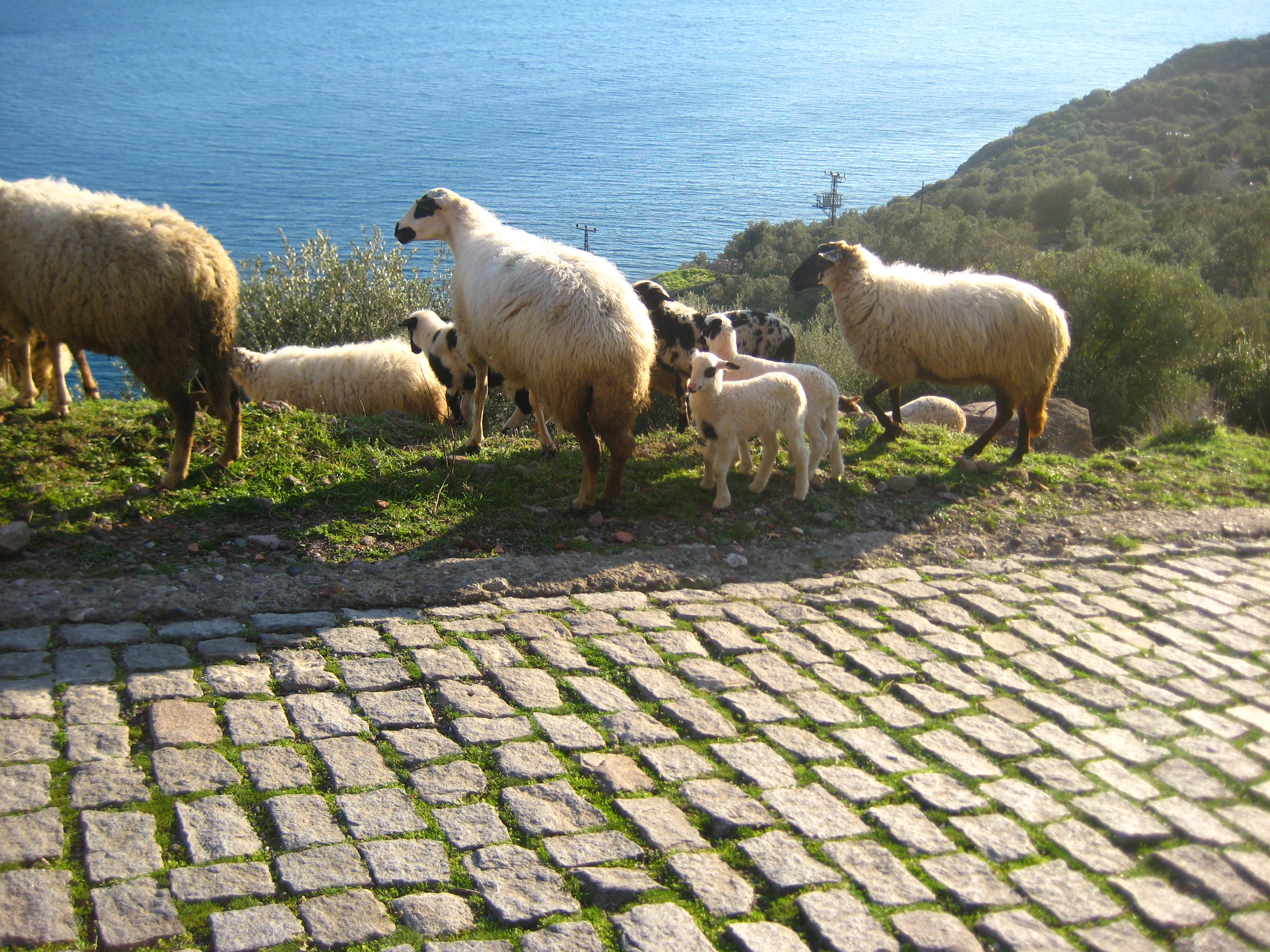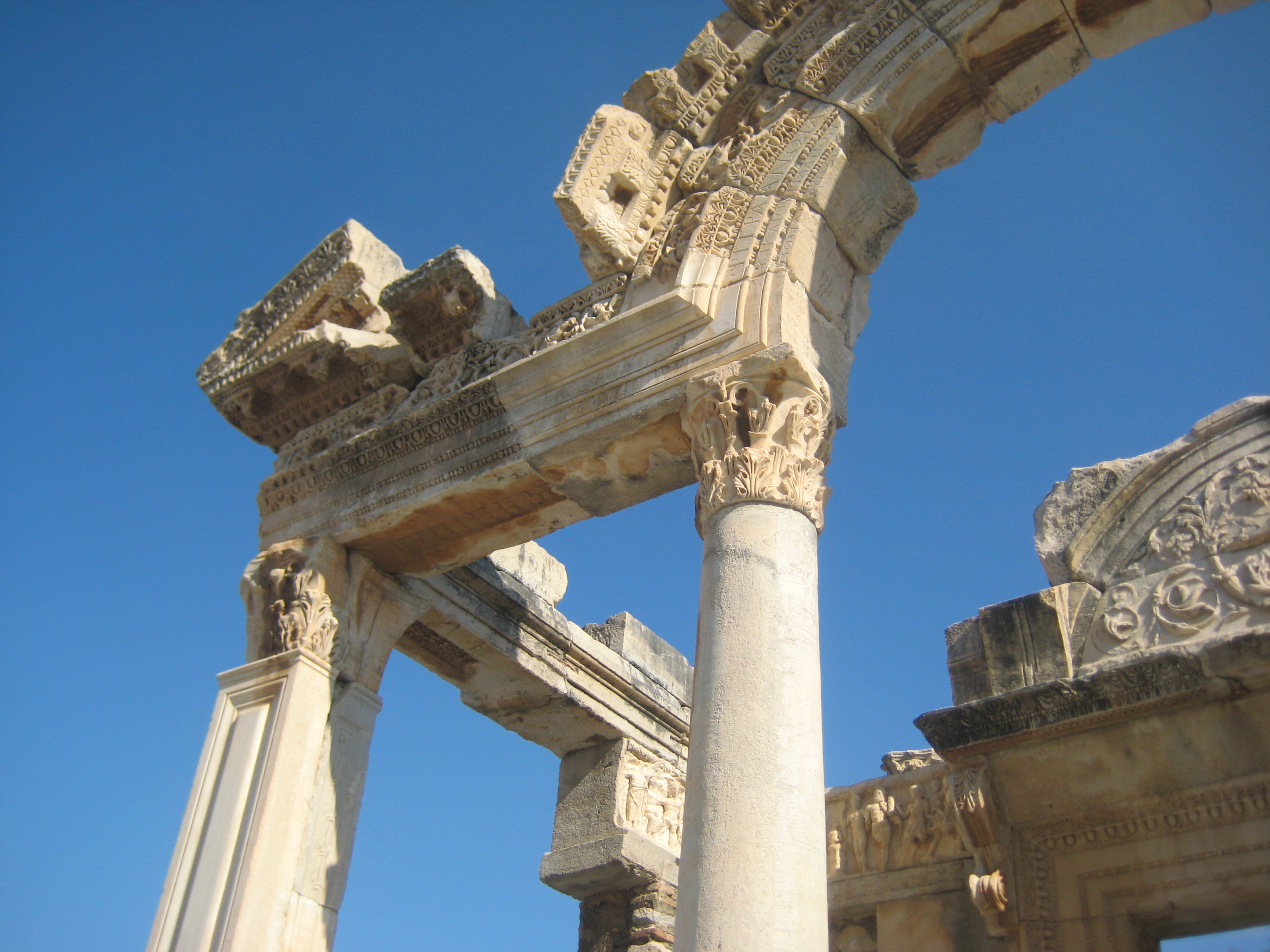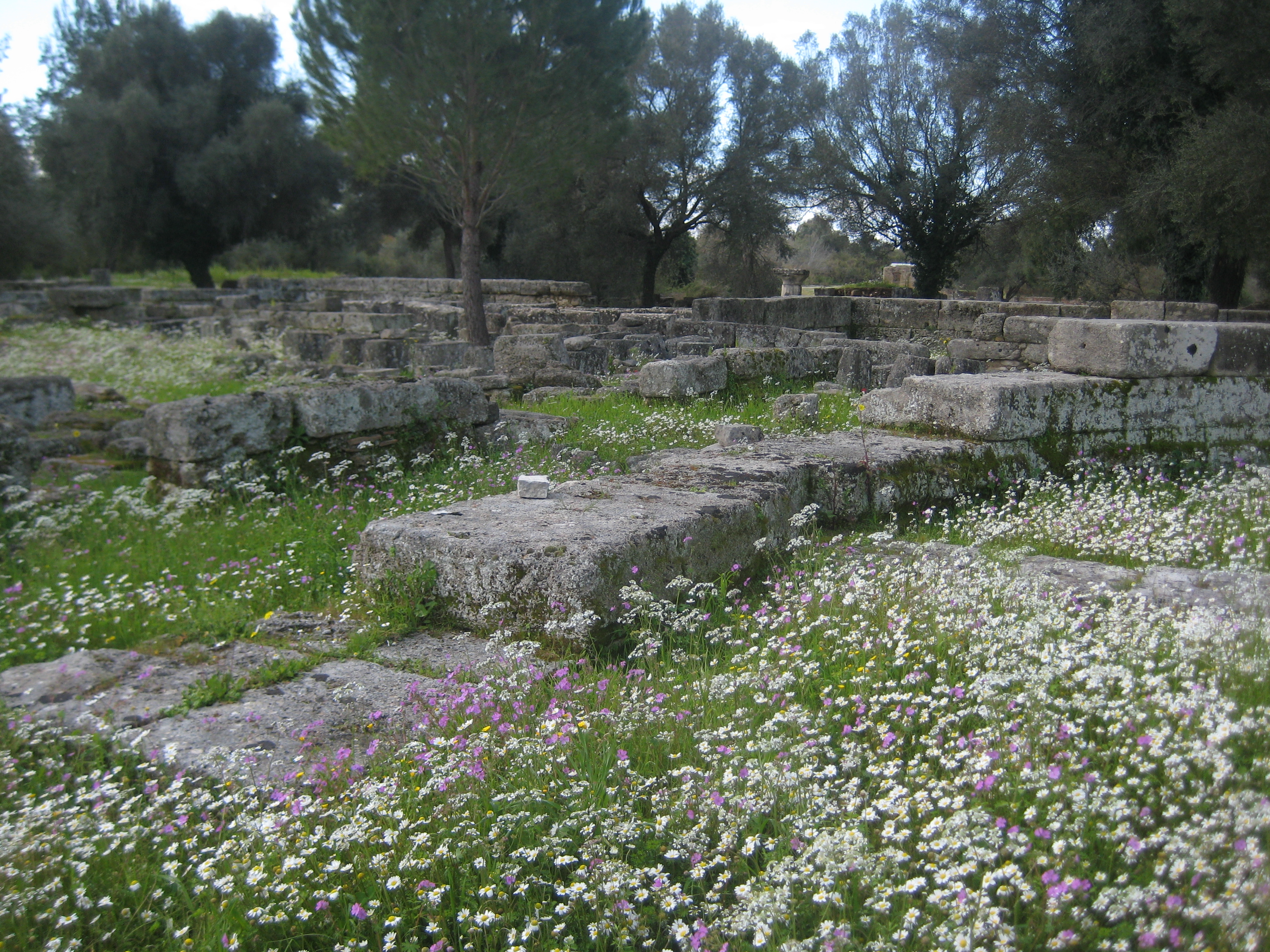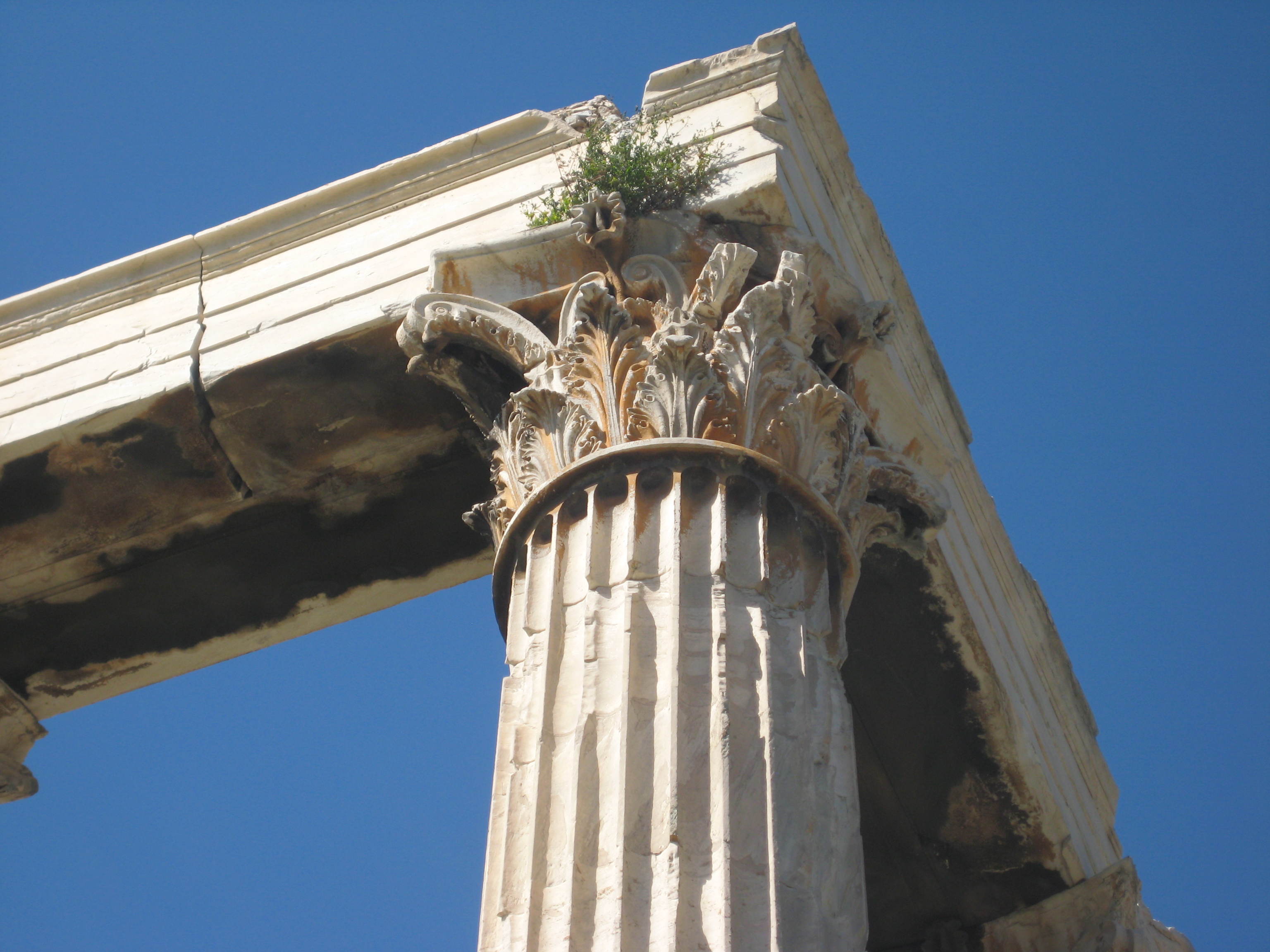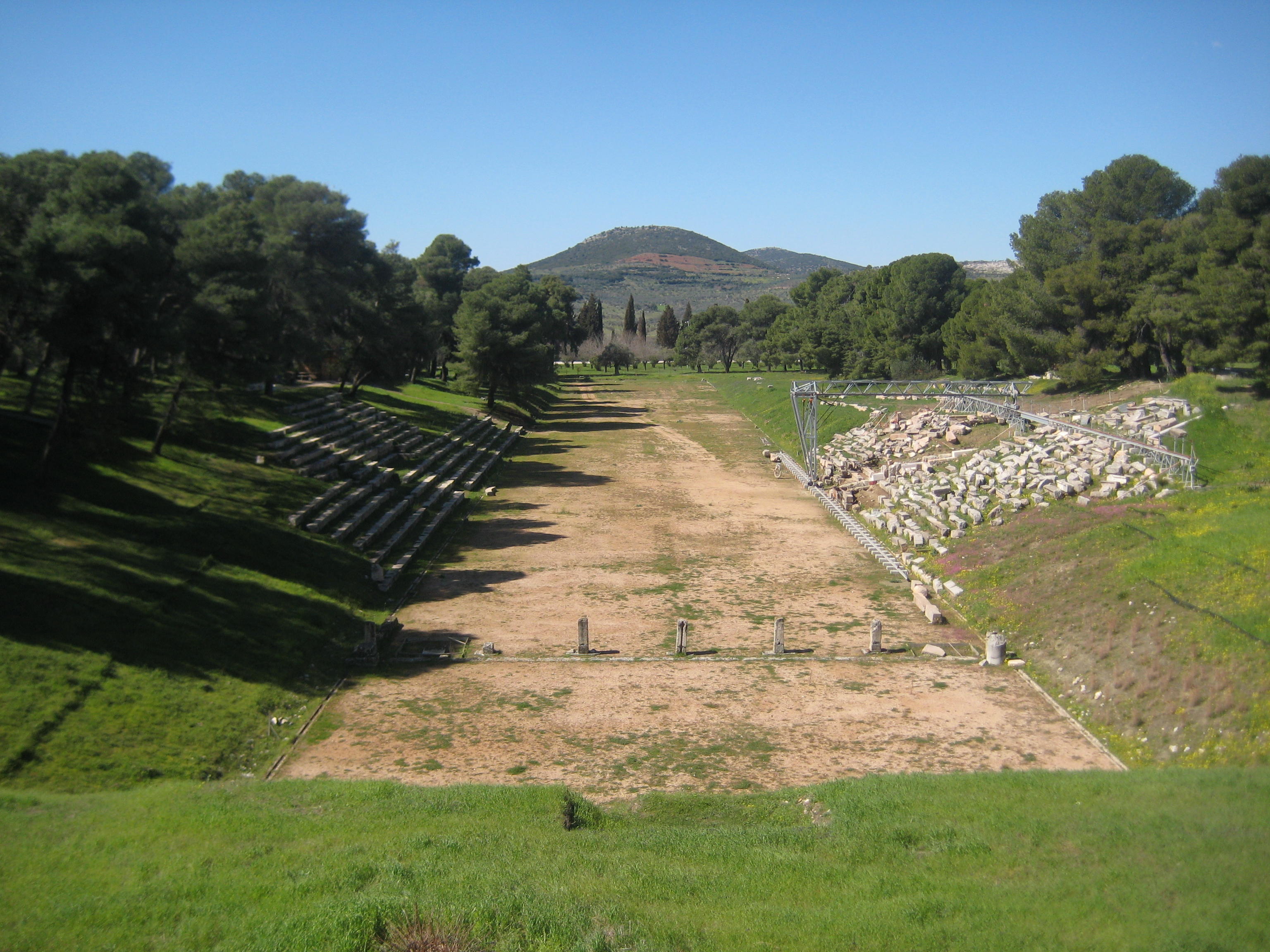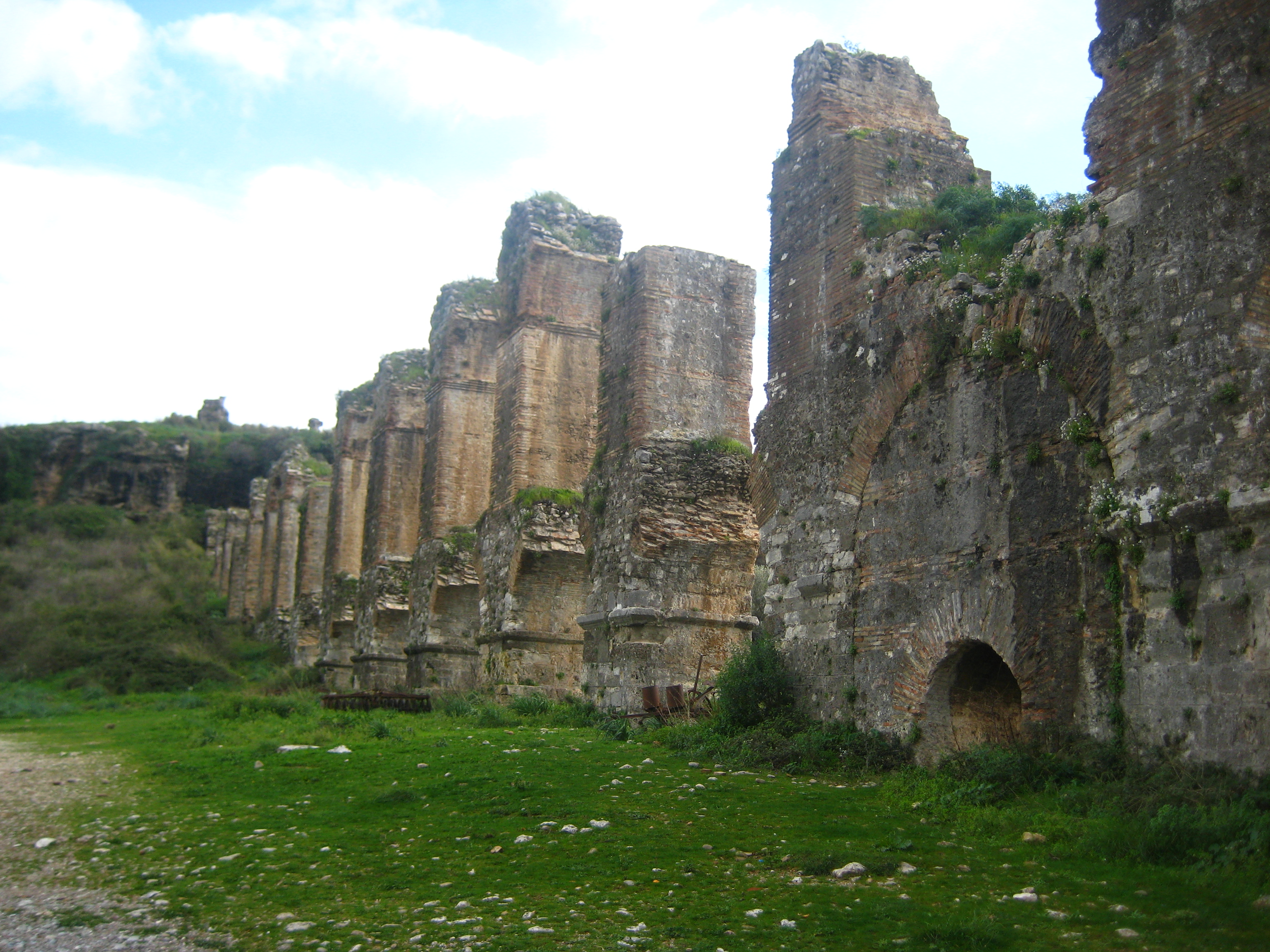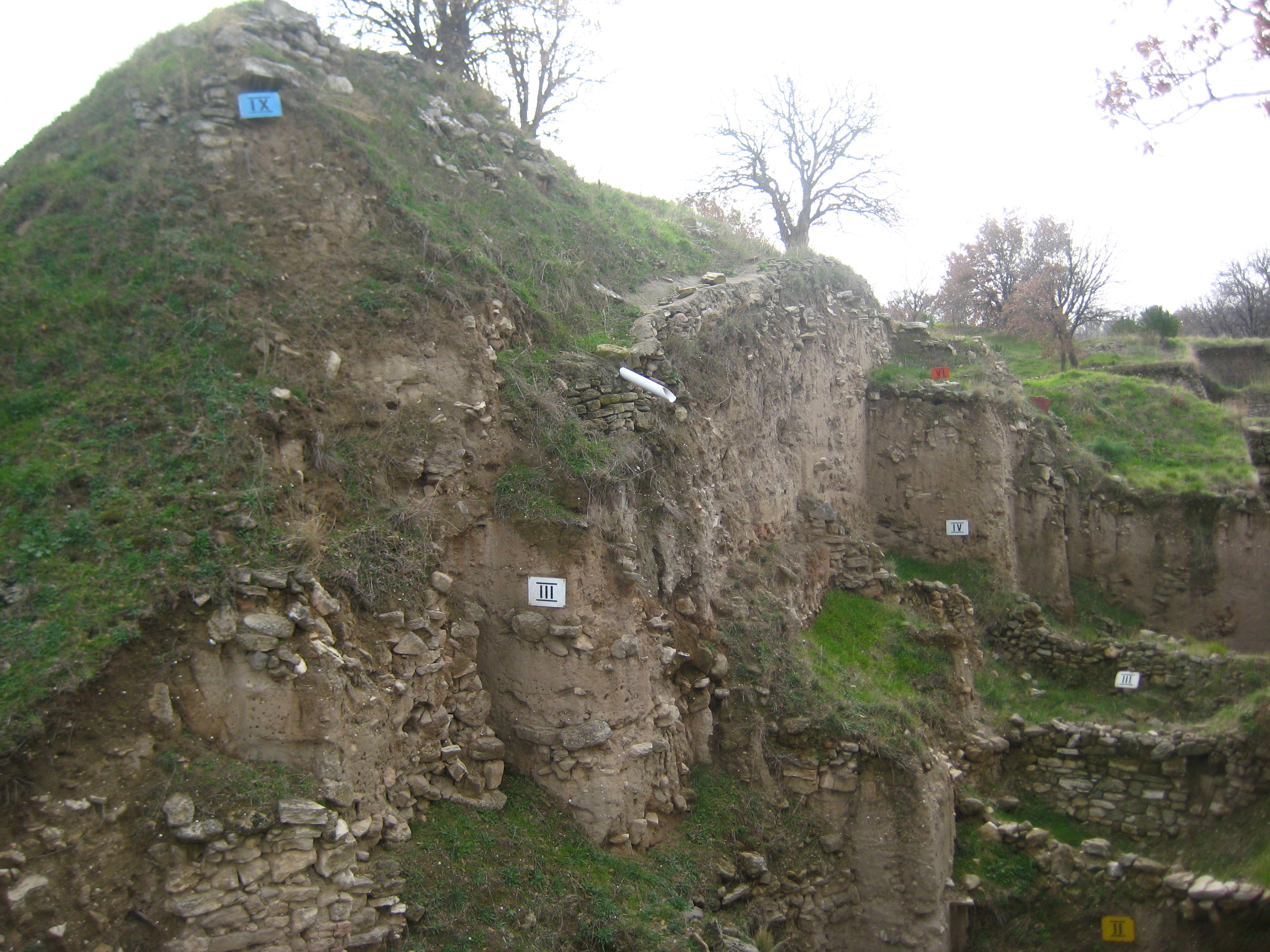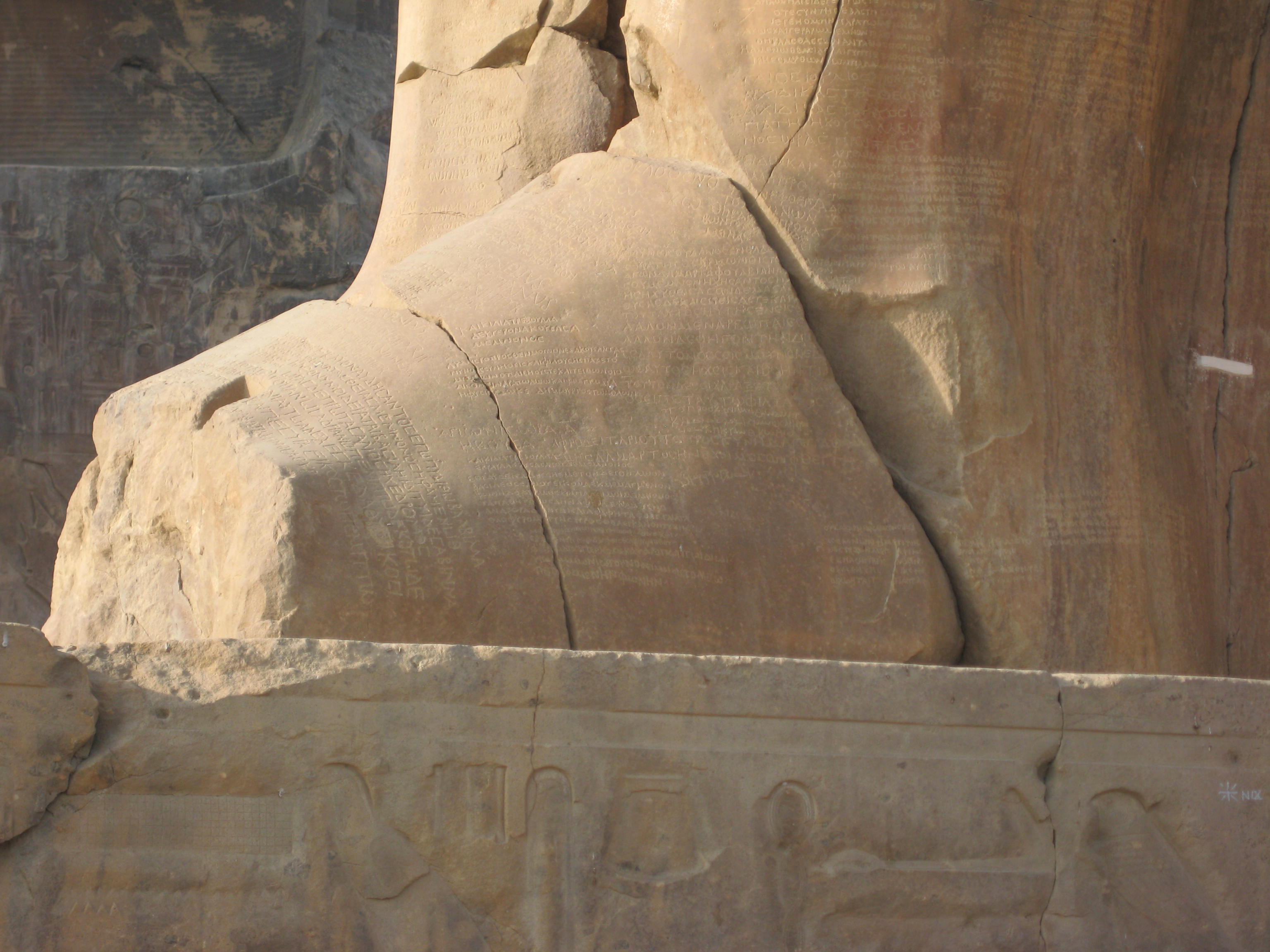Scary Mary


Dear reader, on this All Hallows’ Eve, I’d like to call your attention to two utterly spine-tingling Greek horror stories collected by John Moschus in his Spiritual Meadow. You can view the original Greek text for each of these on my project site. My own rough translations follow below.
47. Don’t mess with the Theotokos (Greek text here)
“Phoinike is a city in Libanesia. In this city there was a mime by the name of Gaianos, and in the theater he kept on blaspheming the holy Theotokos (“parent of God,” an honorific for the Virgin Mary). And the Theotokos appeared to him saying, “What evil did I do to you that you ridicule me before so much of the populace?” And when he woke up, not only did he not mend his ways, but he kept blaspheming her even more.
Three days later, she appeared to him saying the same things, and rebuking him. And after he did not mend his ways but kept on blaspheming, on one afternoon while he napped she appeared to him saying nothing. And with just one of her fingers she scratched his two hands and two feet. And when he awoke, he was found with his two hands and two feet severed, lying there a bare tree trunk! Then after these things the wretched man confessed and made visible to all what sort of recompense one receives for blasphemy. And he did these things on account of his love for humanity.”
77. Greed, graves, gore (Greek text here)
“One day master Sophronius and I departed for the house of Steven the Sophist in order to conduct business. And he was staying in the Church of the Holy Theotokos Dorotheas, which the blessed Pope Eulogios had built. When we entered into the home of the philosopher, a girl leaned out and said, “He’s sleeping, but come back in a little while.” Then I said to master Sophronius, “Let’s go to the Tetrapylon and wait there.” The area of the Tetrapylon is much revered by the Alexandrians, for they say that Alexander, the founder of the city took the remains of the prophet Jeremiah and buried them there.
When we got to the place, we found no one except three blind men, for it was the middle of the day. So we approached the blind men in reverence and silence, and we sat holding our books. And the blind men were speaking to one another, and one says, “So how did you become blind?” And he answered, “When I was younger I was a sailor. And we sailed from Africa, and on the open sea I got conjunctivitis. And because I didn’t have any way to treat it, I got white spots [perhaps swollen corneas] and lost my sight.” And the former replied, “I was a glass-blower by trade, and my eyes took a splash of the fire, and I went blind.”
And they said to the third man, “So how did you become blind?” And he answered, “I’ll tell you: When I was younger, I really hated work. And so I became desperate. Since I didn’t have anything to eat, I kept stealing. One day after doing many wicked deeds I stood in the square, and I saw a beautifully adorned corpse being paraded out. So I followed behind the procession in order to see where they were burying him. They went behind St. John’s, and they put him in the tomb and left. And when I saw them depart, I entered the tomb and stripped him of whatever he was wearing, leaving him only a single linen cloth. As I was about to leave the tomb, having taking very much, my evil greed told me: take the linen too. So wretch that I am, I returned! And when I stripped off the linen in order to leave him naked, the dead man sat up before me and reached out his hands at me! He clawed at my face with his fingers and plucked out both my eyes. Then I pitifully dropped everything and left the tomb in great distress and despair. So look, I’ve told you how I too became blind.”
After we heard these things, master Sophronius nodded at me, and we left them. And he told me, “Let’s not conduct business today, master Abba, for we have benefited greatly. And thus I have written in order that you all too might benefit by hearing these things. We heard this tale with our own ears from the one who had suffered.”
Feel free to use these in your own Greek course, and remember not to incur the wrath of the Theotokos.
